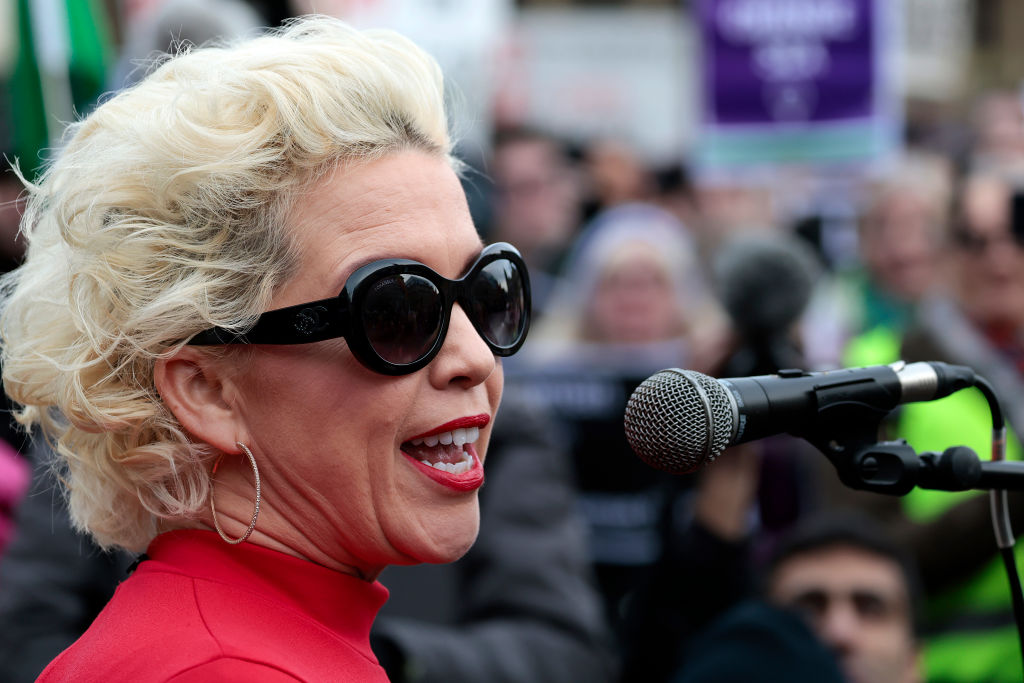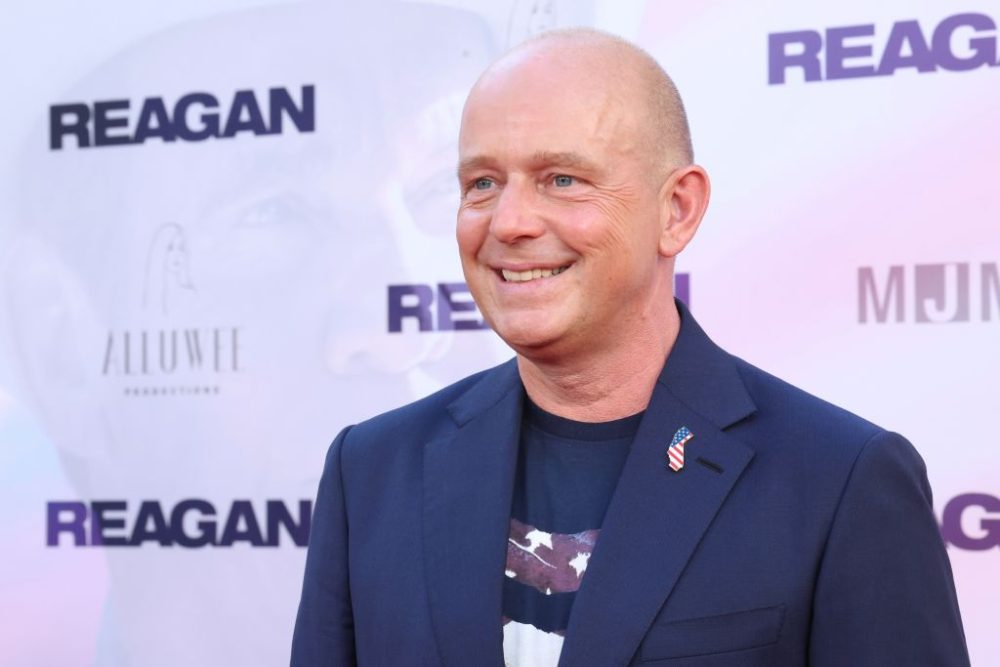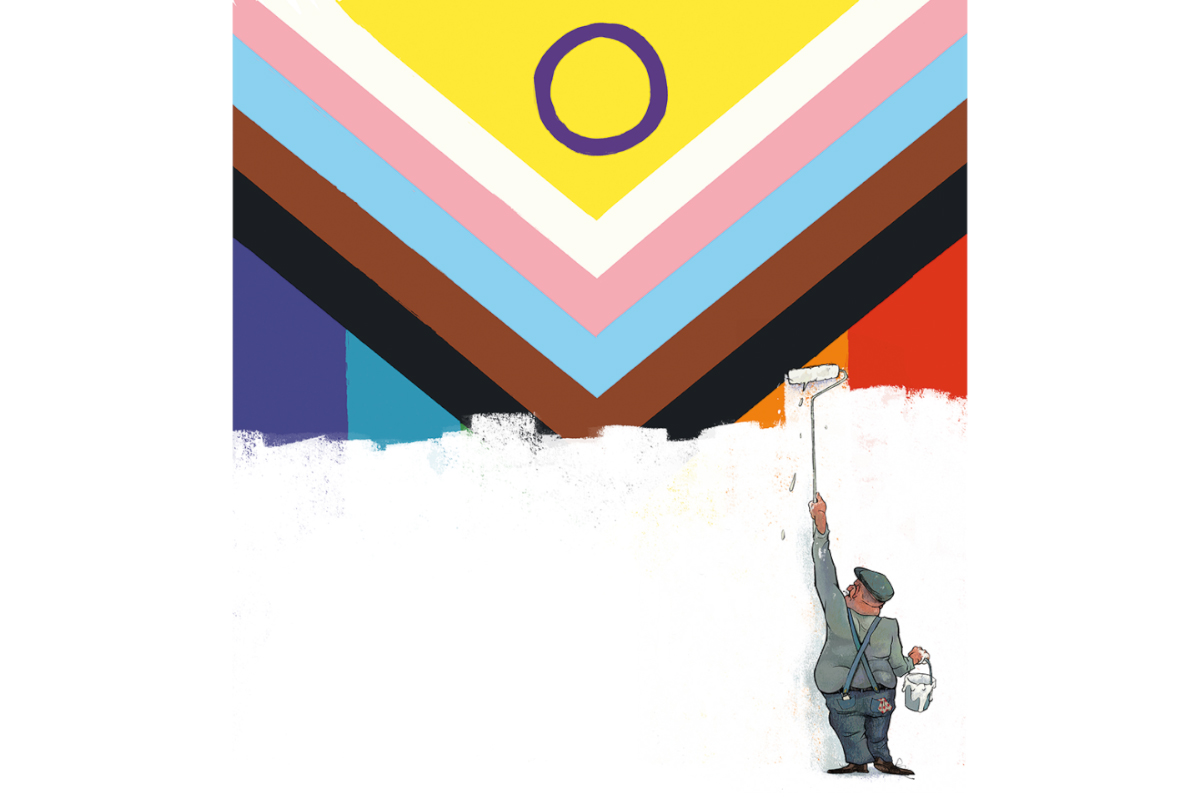A promotional clip for New Zealand uploaded to social media the other day looked like the usual decorous fare churned out by the country’s tourism agency: all deep-blue skies, golden sands and soaring mountains. The words were another matter.
There was no come-hither voice enjoining visitors to experience “pure New Zealand.” Rather there was the miserable sound of Auckland this past weekend as the women who gathered to hear the biological sex campaigner Posie Parker were confronted by a much burlier mob determined to “turf the TERFs,” as one of their placards had it.
The mash-up clip and hundreds of other appalling publicity items like it have appeared over recent days on Twitter under the trending hashtag #NZHatesWomen. “Having witnessed the treatment of women trying to speak in a public place in Auckland, I won’t be visiting New Zealand anytime soon,” said one Twitter user. Another offered: “To the world, don’t come to New Zealand for a holiday, don’t waste your money on us.”
As Tourism New Zealand hastily deleted the tidal wave of similar tweets that appeared on its own account, even opponents of the British activist’s recent visit were left wondering if their success in shutting down last Saturday’s event had not been a massive own goal. Was this not confirmation of pretty much everything that had been said about the need for women to have their own spaces without fear of molestation?
Parker, otherwise known as Kellie-Jay Keen Minshull, was sent packing after a much larger counter-protest involving thousands overwhelmed the couple of hundred or so fans who turned out for her. They upended barriers and threw punches as they went, before dousing Parker herself in tomato juice.
The campaigner ended up cutting short her two-city visit and got on the next available plane back to London. But the country that briefly hosted her hasn’t come out of the affair looking too flash. A nation that prides itself on having been the first to give women the vote is now rather more looking like the latest to give women the boot.
Not a bad day’s work for a visitor who even a few weeks ago might have been generally thought of in mainstream New Zealand — if she were thought of at all — as little more than a middle-aged Brit with Monroesque looks, curious views and a bit of a thing for bright red pantsuits.
While Parker appeared to have emerged from the ordeal with “priceless branding” for her cause, the country had been left with “immense and international” egg on its supposedly liberal face, the Kiwi journalist Sam Clements wrote. Fellow opponents of the visit who may have spent the past few days “congratulating themselves over their raucous, aggressive, bullying behavior, ought to navel gaze a little and look up the definition of hypocrisy.”
Even prominent media personalities who had cheered on the counter-protests before the event were left nonplussed. Lloyd Burr, a national radio host, used his platform last week to encourage listeners to “stand in solidarity” with him on the day against Parker. This week, however, he was having second thoughts, sorrowing over how subsequent events had lost any support from the vast majority “who don’t care what’s between your legs nor how you define yourself.”
The New Zealand Herald, whose own coverage leading up to the visit made much of Parker’s “repugnant” views, was forced to agree. In a paywalled editorial, it conceded that the speaker had gained far more than her critics. Possibly more than the Kiwis care to admit about deeply anti-female currents within their own culture, too.
Reasonable people may disagree over the merits of what Parker says, as players inevitably must in balancing the apparent maddening conflicts of interest between trans rights activism and gender-critical feminists. But New Zealand’s own record tallies somewhat with Parker’s view of it being “the worst place for women” she had ever visited.
Recent academic research, published earlier in the month to mark International Women’s Day, suggests that more than half of women living there have experienced some kind of abuse by an intimate partner. Each year in that country of 5 million, local police conduct more than 100,000 investigations into family violence, mostly perpetrated by men, according to the Ministry of Justice.
And while New Zealand enjoys a reputation as a generally safe place for women to visit — on a par with Iceland or Ireland — many will be aware of the violence foreign women have intermittently suffered as well.
And now there’s another, sort of. Speaking with journalists today, Prime Minister Chris Hipkins said he didn’t “want to spend a lot of time” getting into the ramifications of the Parker visit for the land of dreamy sunsets.
Should the issues raised by her all-too-fleeting time here become as polarizing as they have been abroad, Hipkins declared, that wouldn’t be “very helpful.” Has that not happened already?
This article was originally published on The Spectator’s UK website.

























